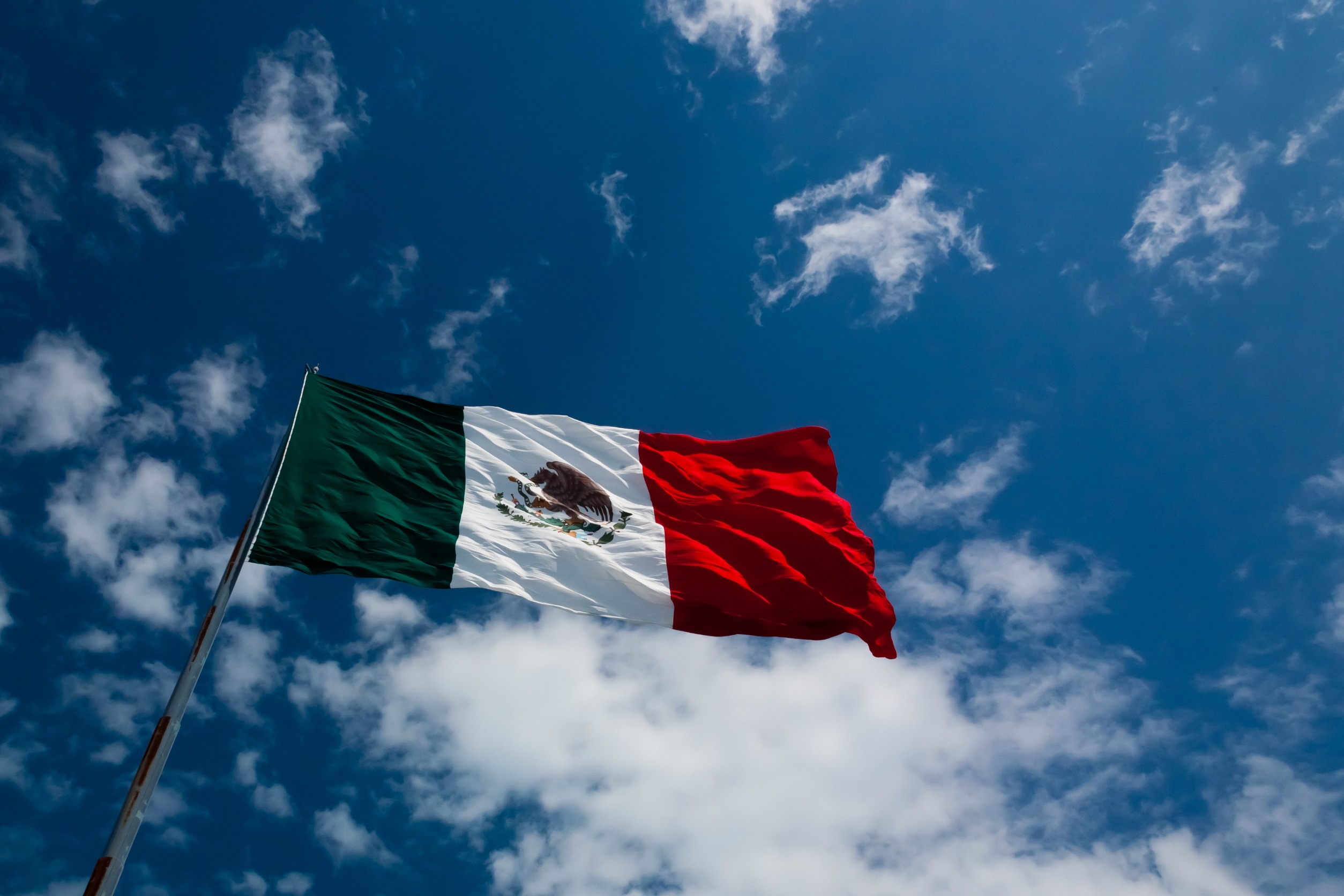Claudia Sheinbaum has been selected as Mexico’s first female president, winning by a landslide. Preliminary results from Mexico’s official electoral authority show that the 61-year-old former mayor of Mexico City received between 58 percent and 60 percent of the vote, outperforming her primary rival, entrepreneur Xóchitl Gálvez, by approximately 30 percent. Sheinbaum will succeed her mentor, departing President Andrés Manuel López Obrador, on October 1st.
Promising continuity and progress
Sheinbaum, a former energy scientist, has committed to maintain López Obrador’s “advances,” particularly in welfare programs that have helped him gain favor. In her victory address, she stressed the larger significance of her triumph: “For the first time in the 200 years of the [Mexican] Republic, I will become the first woman president of Mexico.” She cast her election as a victory for all women, proclaiming, “This is not just about me getting [to the top office], it’s about all of us getting here. I won’t fail you.”
A trailblazer with a background in science
Sheinbaum served as mayor of Mexico City before her presidential campaign, a position that is frequently regarded as a prelude to the presidency. Her scientific career is equally impressive. Sheinbaum, born to Jewish immigrants from Bulgaria and Lithuania, studied physics before earning a doctorate in energy engineering. She spent years analyzing Mexican energy consumption trends at a prestigious California lab, where she became a climate change expert. Her advocacy and competence led to her appointment as Mexico City’s Secretary of the Environment during López Obrador’s mayoral mandate.
A historic election for women
The 2023 race, which features two female frontrunners, marks a huge leap for women in Mexico. Edelmira Montiel, 87, expressed her delight at seeing a woman elected to the highest office, recalling a time when women couldn’t vote or had to rely on their husbands’ voting decisions. “Thank God that has changed and I get to live it,” she told Reuters.
Tackling violence and crime
Despite the celebrations, the election campaign was marred by violence, with over 20 local candidates assassinated around Mexico. Gálvez accused the administration and Sheinbaum of neglecting to address the violence perpetrated by powerful crime organizations. While Gálvez promised to combat crime directly, Sheinbaum has concentrated on addressing the core cause of violence, such as poverty, promising to engage in social programs to keep young Mexicans from becoming recruits for criminal organizations.
Strengthening international relations
Sheinbaum also wants to repair relations with the United States strained under López Obrador. She has pledged to maintain “a relationship of friendship, mutual respect, and equality” with Mexico’s northern neighbor while protecting the rights of Mexicans living in the United States. This balanced approach reflects her overall vision for diplomacy and domestic policy.
Legacy and support
López Obrador, who has been in power since 2018, was constitutionally forbidden from seeking a second term, but he offered significant support to Sheinbaum. His endorsement, combined with his high approval rating, greatly aided her campaign. Many voters supported Sheinbaum and López Obrador’s party because it prioritized poverty reduction and social welfare.
As Claudia Sheinbaum prepares to take office, she will be burdened with resolving Mexico’s long-standing concerns, such as crime and poverty. Her election opens a new chapter in Mexican politics, promising continuity and growth while offering a different viewpoint on leadership and gender equality.












